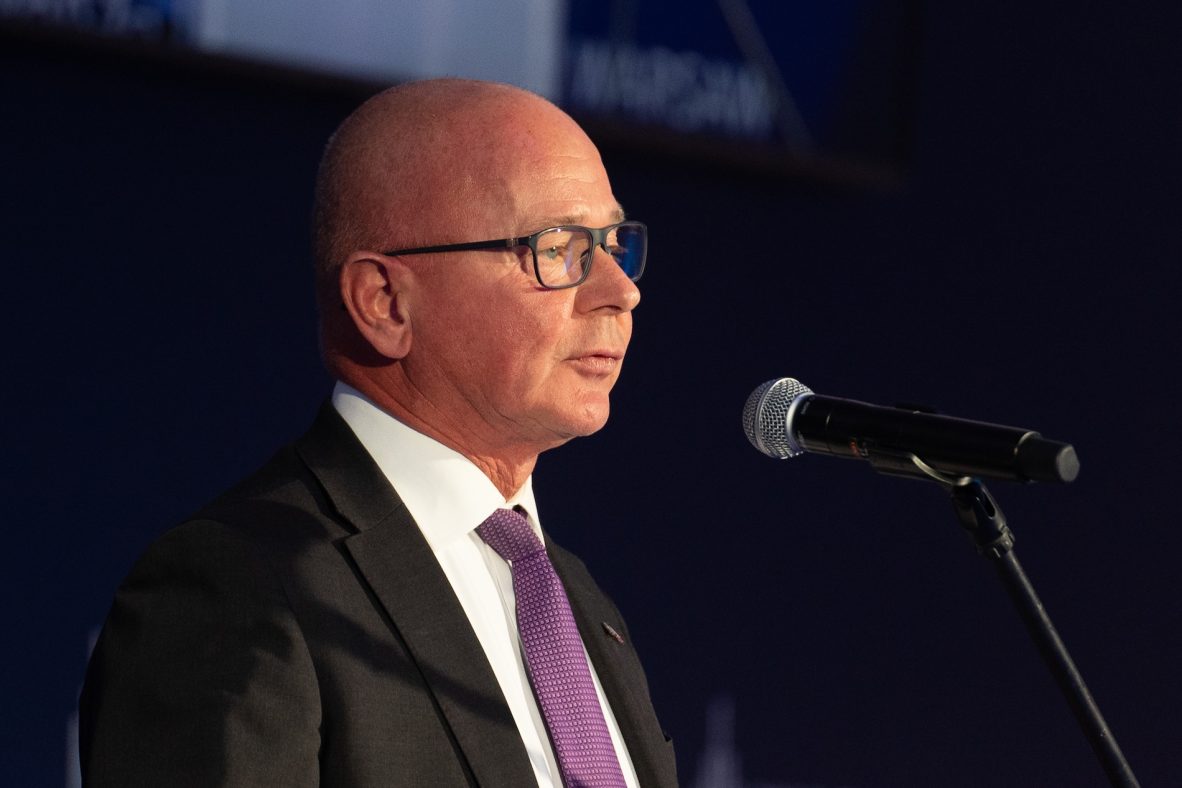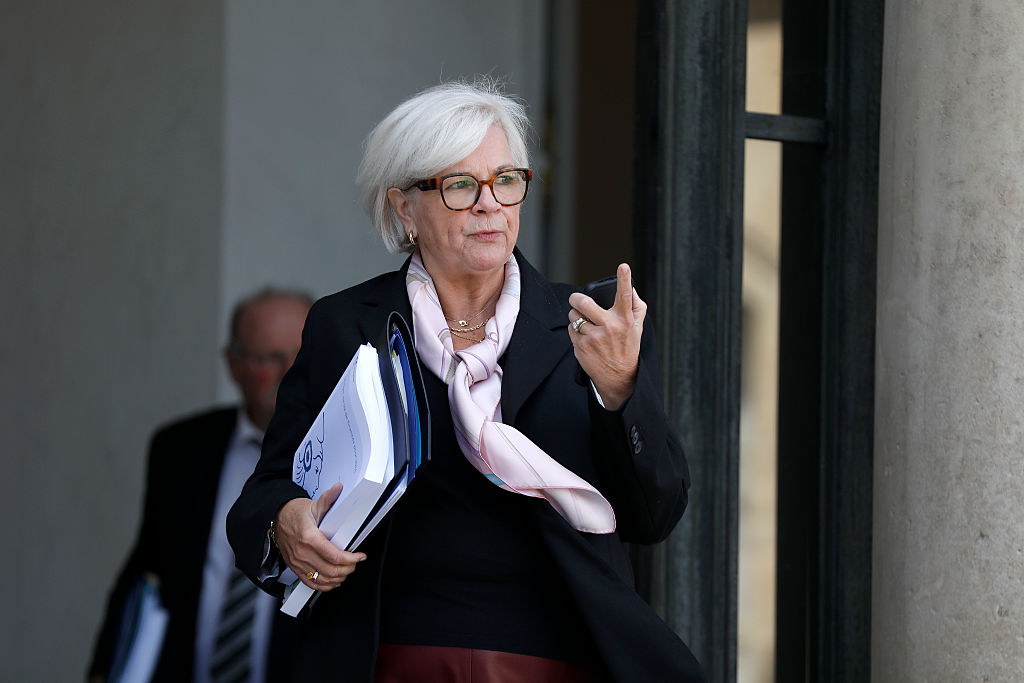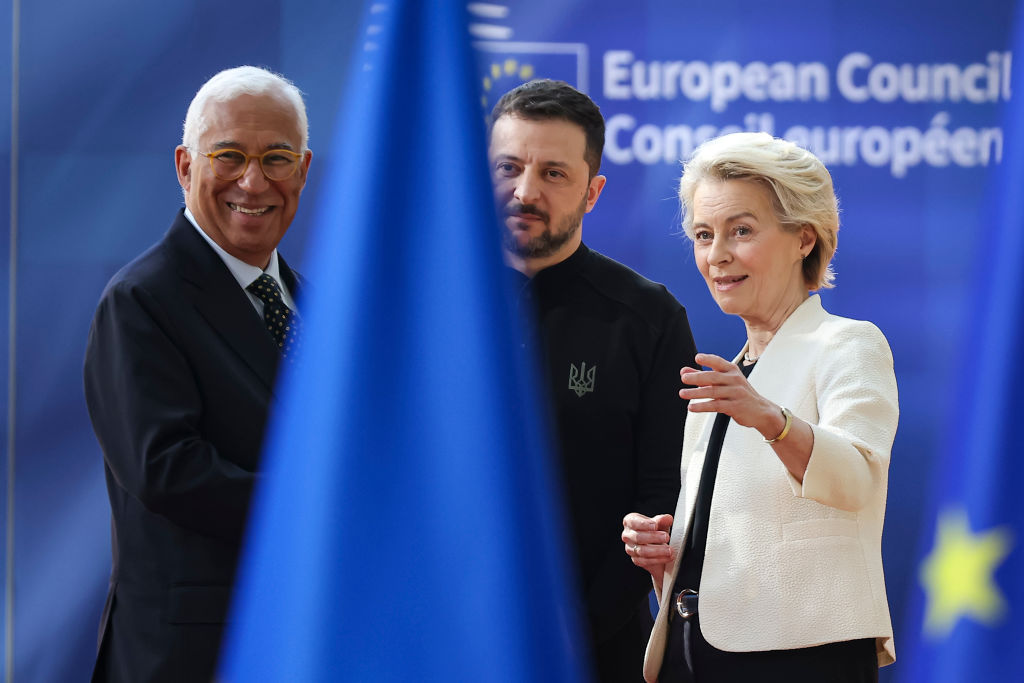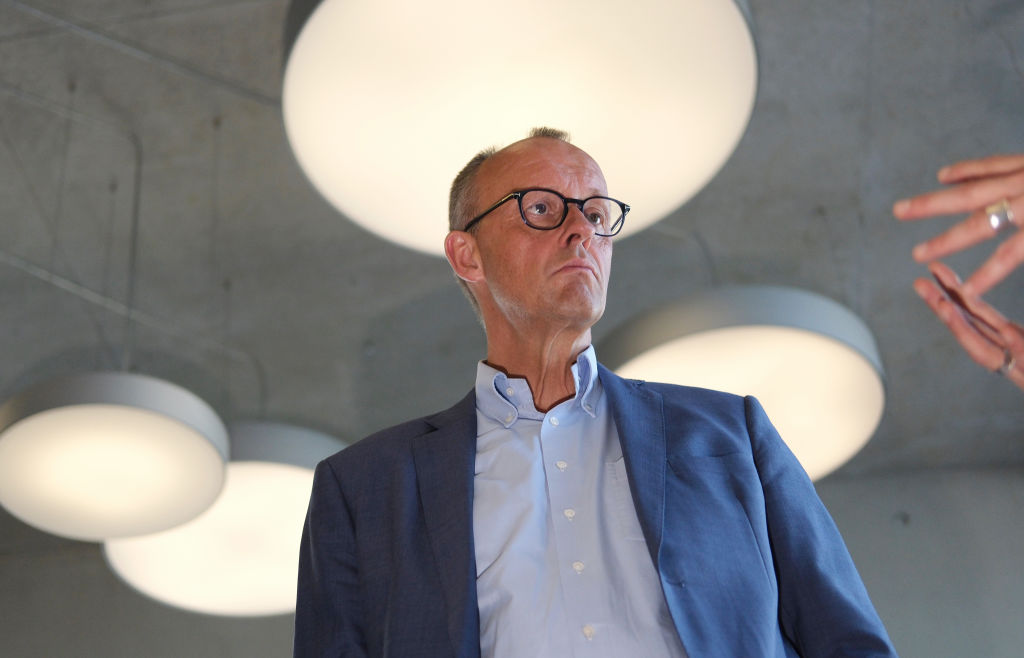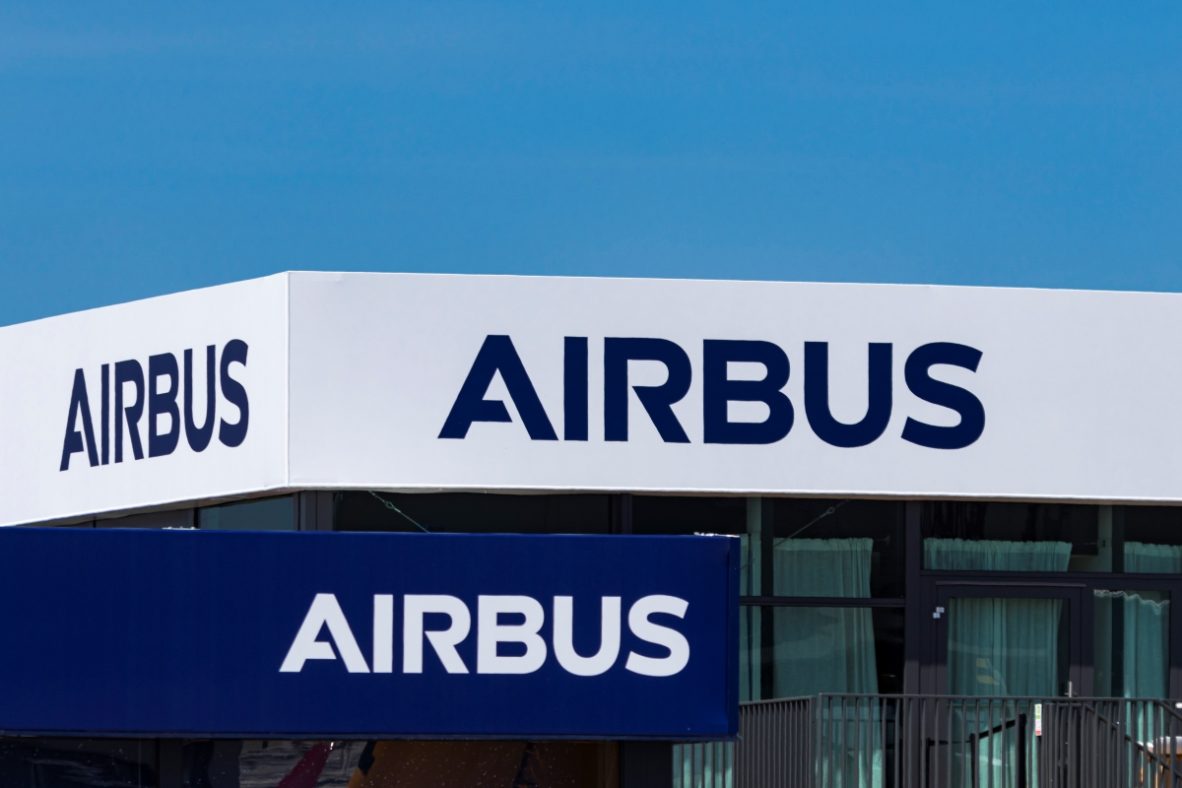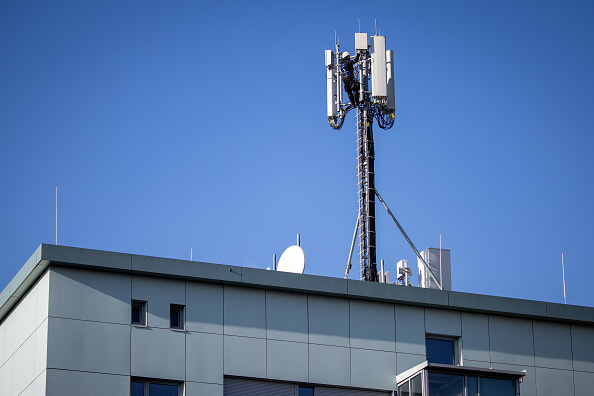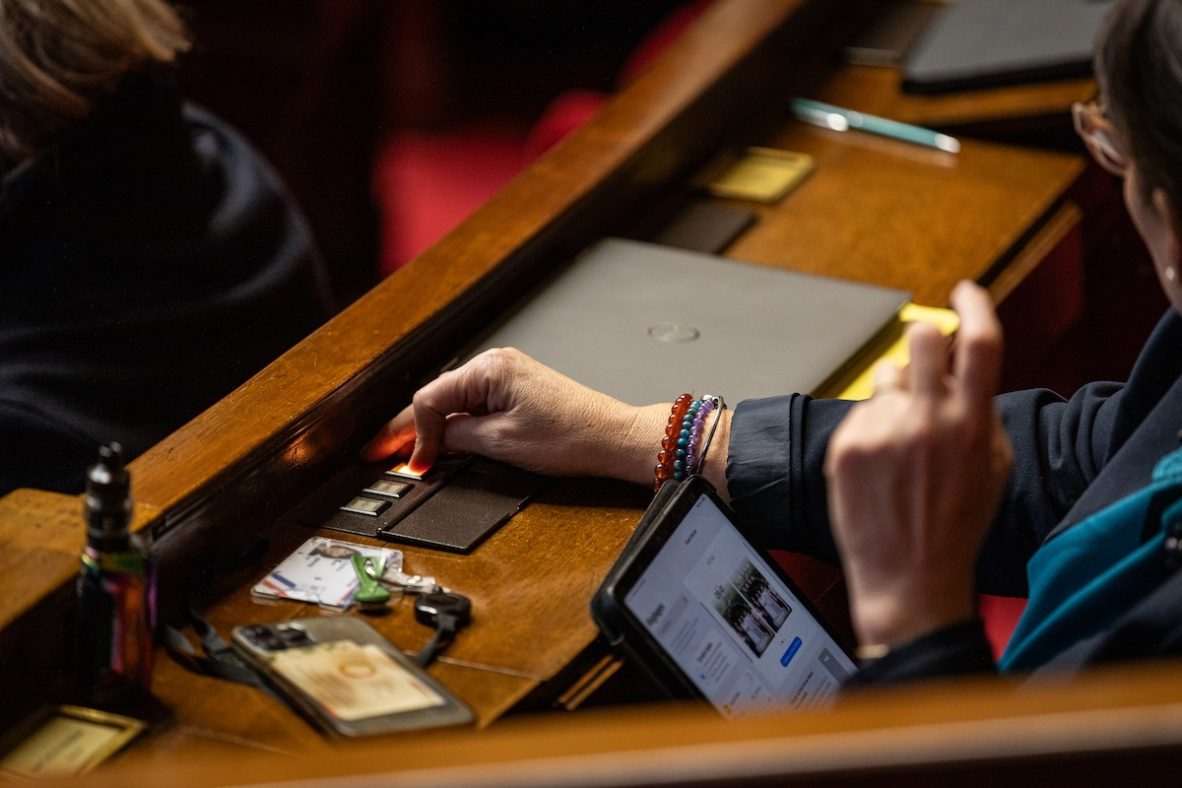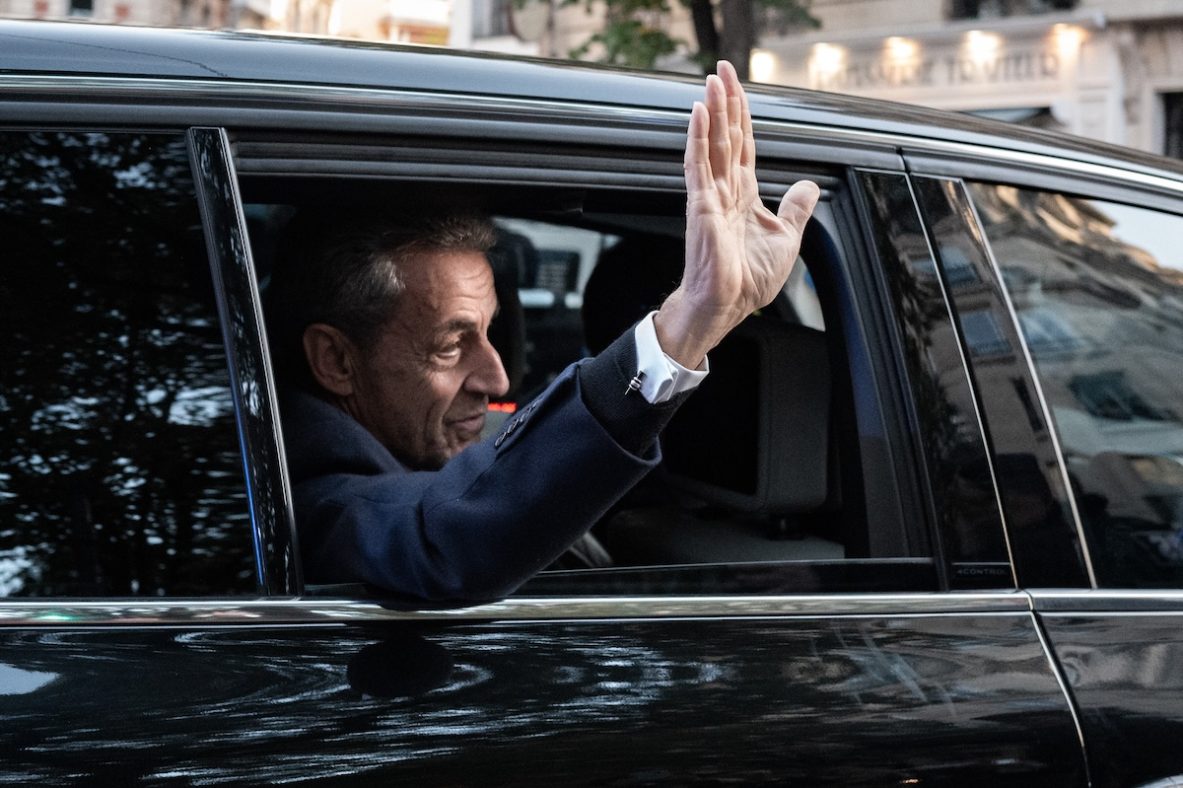As France wavers on FCAS, Europe weighs alternatives for its next-gen fighter jet
With France’s government in turmoil and no full-time defence minister, efforts to fix the Franco-German rift over FCAS face indefinite delay
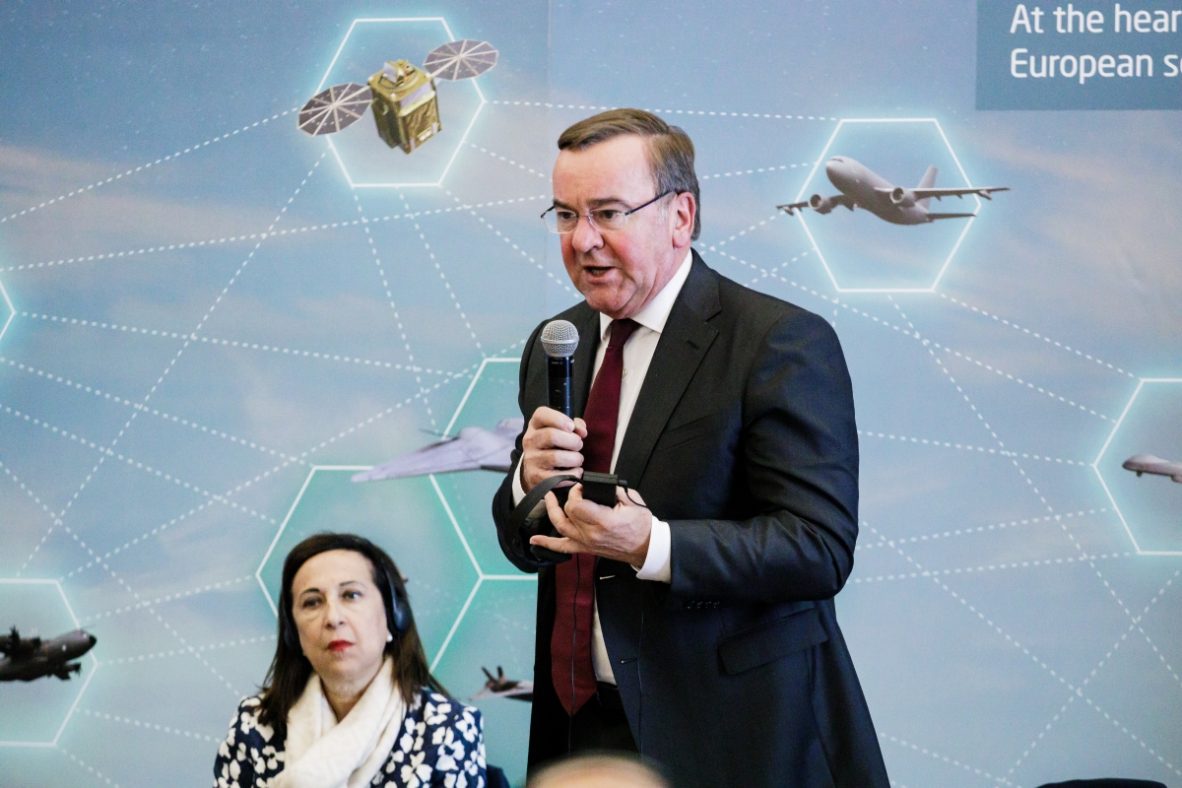
France’s Dassault first threatened to go it alone on Europe’s next-generation fighter jet project – and then the country’s government collapsed. With unprecedented uncertainty over Paris’s commitment and that of its lead contractor, Dassault Aviation, discussions of European alternatives are shifting from whispers to serious consideration.
The end of the Future Combat Air System (FCAS) – centred on a next-generation fighter jet operating in tandem with a network of drones – no longer seems a remote prospect. Defence ministers from the three partner countries, Germany, France, and Spain, were due to meet in Berlin in October to chart a way forward.
But with France’s government in a tailspin, the timeline to resolve the industrial rift between French and German partners looks increasingly unrealistic.
Dassault, France’s prime contractor in the €100 billion project, has made clear its preference to develop a next-generation fighter on its own. Given that France withdrew from two earlier European fighter jet projects – including the Eurofighter – the threat is not an empty one.
Against this backdrop, informal talks are expected to pick up on possible alternatives, if they have not already begun. Three options appear to be under quiet discussion.
Unlikely option 1: Let the French go
One scenario would see Germany and Spain continue without France – though experts agree it would be a tough task.
“In practice, an FCAS ‘without France’ would amount to restarting a totally different programme,” said Alain De Neve, aerospace expert at Belgium’s Royal Higher Institute for Defence.
The challenge lies in the current division of labour. France leads development of the fighter jet’s airframe, and doing without Dassault — which designed the Rafale — would be difficult.
A main purpose of joint programmes, said Emil Archambault, defence expert at the German Council on Foreign Relations, is to “access wider expertise networks, and to draw on the strengths and markets of multiple partners”.
The Eurofighter experience “shows that truly clean-sheet fighters are built through industrial coalitions,” De Neve added.
Still, Samuel Faure, an expert on European defence policy at Sciences Po Saint-Germain-en-Laye, said that Germany and Spain’s experience with the Eurofighter gives them at least some foundation to continue independently.
Ronja Kempin, senior defence analyst at the German Institute for International and Security Affairs, countered that Spain “does not bring the necessary innovation capacity in areas such as AI and system communication” for Berlin and Madrid to sustain FCAS alone.
Meanwhile, the two countries that partnered with Germany and Spain on the Eurofighter – Italy and the UK – are now working on a rival sixth-generation fighter jet project with Japan: the Global Combat Air Programme (GCAP).
Option 2: Join GCAP
Compared with the struggling FCAS, GCAP is steadily advancing. Its joint venture was launched in June, with a prototype expected by 2027.
Experts agree that joining GCAP at this stage would leave Germany and Spain with little influence and limited industrial returns.
“The door is not shut, but the ‘core’ is now locked,” De Neve said, noting that late entrants would likely be confined to contributing secondary systems such as sensors, electronic warfare suites, the combat cloud, effectors and maintenance.
That could still complement German and Spanish expertise. Airbus Defence and Space leads FCAS’s cloud architecture — linking the jet with its accompanying drones — while Spain’s Indra brings strong capabilities in sensor development.
A senior industry source familiar with Airbus DS’ plans and capabilities said recently that GCAP’s combat cloud and unmanned flight aspects remain undefined, leaving potential space for collaboration.
However, the real value lies in the construction of the plane itself.
“If Germany were to accept a minor role in GCAP, or even an importer role, it would have consequences for the size of the German aerospace industry, and its capacity to retain expertise and capability,” Archambault warned. Even with participation in maintenance and upgrades, “it would be near-impossible to sustain a capable German fighter industry without a German-led project.”
Likely option 3: Restart with new partners
Unwilling to play a minor role and uncertain about going it alone, Berlin could seek new partners — and has the resources to do so.
“It would be in Germany’s and Airbus’ interests to convince many smaller counterparts,” Archambault said.
Spain would be the natural first partner, followed by Sweden, experts suggest.
Although Berlin denies current talks on a new project and Sweden not making a decision whether to pursue a next-generation fighter before 2030, Sweden’s Saab brings valuable combat aircraft expertise and existing industrial ties to Germany, Archambault noted.
Germany’s envisioned operating environment also aligns with Sweden’s “basic strategic orientation, namely defence against Russia,” said Kempin. That would eliminate sticking points that strained cooperation with France — notably Paris’s insistence on nuclear capabilities and carrier-launch options.
Working with Sweden might also draw in other Nordic countries as junior partners or potential buyers, she added.
Belgium could also play a role, given its observer status in FCAS and declared interest in the project.“For certain elements of the FCAS architecture, specific cooperation may be possible — including with British, Italian or even French partners,” Archambault said.
Still, a new fighter coalition would face steep challenges.
“In short, Spain and Sweden could reinforce sensors, avionics, mission architecture and flight-testing, but propulsion and stealth integration would remain the critical knots to solve,” said Belgium’s aerospace expert De Neve.
As for timelines, FCAS itself took two years to agree — from its 2017 political launch to the signing of industrial contracts in 2019. That would be a reasonable timeframe for any restart, Kempin said.
(cp, aw)
